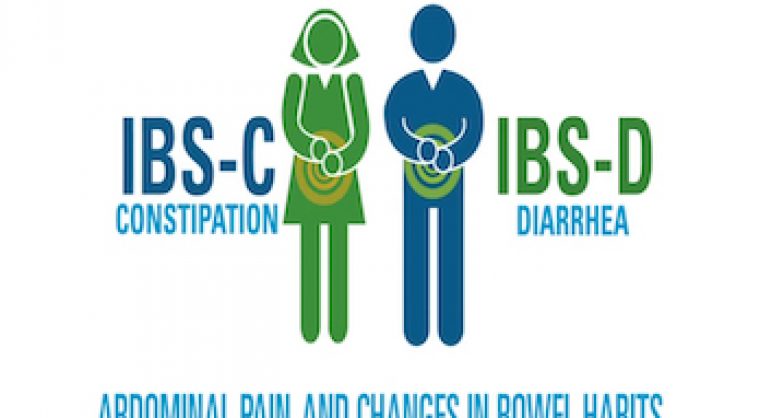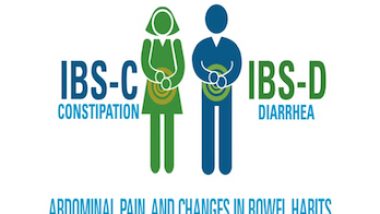Contact: Aimee Frank
301-941-2620
[email protected]
Aug. 16, 2016 (Bethesda, MD) — The American Gastroenterological Association (AGA) released an animated infographic based on the “IBS in America” survey, examining the emotional and physical experiences of patients with irritable bowel syndrome with constipation (IBS-C) and irritable bowel syndrome with diarrhea (IBS-D). “IBS in America” is the most comprehensive IBS survey ever conducted, polling more than 3,200 sufferers and 300 physicians. The survey revealed key insights for patients and their doctors, including the most prominent physical symptoms and emotional experiences for both IBS-C and IBS-D sufferers. The new animated infographic highlights key data about IBS patient experiences identified in the survey, emphasizing the very real impact of these physical and emotional symptoms on patients’ lives. According to Michael Camilleri, MD, AGAF, chair, AGA, the most important takeaway from the survey is the importance of honest and open patient-physician dialogue, in an effort to help improve these experiences and outcomes: “It is imperative that patients explain, and physicians seek to understand, each individual’s experience so that they can recommend appropriate treatments,” he said. To help patients better engage their doctors and try to get the help they need, AGA recommends the following actions that can improve doctor-patient communication:
- Speak Up Early: Talk to your physician about treatment options if you recognize any IBS symptoms.
- Speak Up Completely: Provide your physician with specific examples of how your symptoms impact you on an emotional level, as well as on a physical level; this will help your physician make a treatment decision that is most appropriate for you.
- Speak Up Often: Tell your doctor if symptoms return despite treatment efforts so he or she can consider alternate treatment options.
- Share Your History: Tell your doctor about all over-the-counter (OTC) medications and/or homeopathic remedies you have tried to combat your symptoms.
Learn more about the different emotional and physical experiences of IBS-C and IBS-D sufferers and the “IBS in America” survey findings at http://ibsinamerica.gastro.org/. # # #
About IBS
A chronic condition estimated to impact some 35 million adult Americans, IBS consists of a constellation of gastrointestinal (GI) symptoms, such as abdominal pain, constipation, diarrhea, gassiness, bloating or cramping. Some people experience IBS with constipation (IBS-C), which is characterized by abdominal pain and difficult or infrequent bowel movements, while others may experience IBS with diarrhea (IBS-D), characterized by frequent loose stools, often with an urgent need to move the bowels. Others may also alternate between constipation and diarrhea. Since there are multiple factors that may contribute to the pathophysiology of IBS, treatment strategies are based on the nature and severity of symptoms, as well as identification of the disturbance in function, and may include diet or lifestyle modifications, over-the-counter products or prescription medicines.
About the Survey
The “IBS in America” survey was commissioned by the American Gastroenterological Association and conducted with the financial support of Ironwood Pharmaceuticals, Inc. and Allergan plc. Online surveys were conducted by GfK, a leading market research company, Sept. 14 through Oct. 29, 2015. In total 3,254 IBS sufferers, both diagnosed and undiagnosed, were interviewed, as well as 302 physicians who treat IBS patients — 151 primary care physicians and 151 gastroenterologists.
About the AGA Institute
The American Gastroenterological Association is the trusted voice of the GI community. Founded in 1897, the AGA has grown to include more than 16,000 members from around the globe who are involved in all aspects of the science, practice and advancement of gastroenterology. The AGA Institute administers the practice, research and educational programs of the organization. www.gastro.org.
About GfK
GfK is the trusted source of relevant market and consumer information that enables its clients to make smarter decisions. More than 13,000 market research experts combine their passion with GfK’s long-standing data science experience. This allows GfK to deliver vital global insights matched with local market intelligence from more than 100 countries. By using innovative technologies and data sciences, GfK turns big data into smart data, enabling its clients to improve their competitive edge and enrich consumers’ experiences and choices. www.gfk.com













